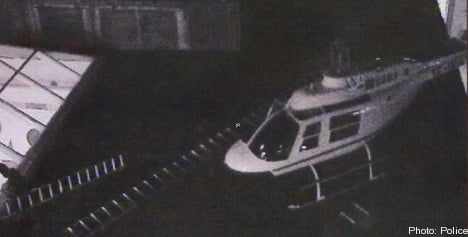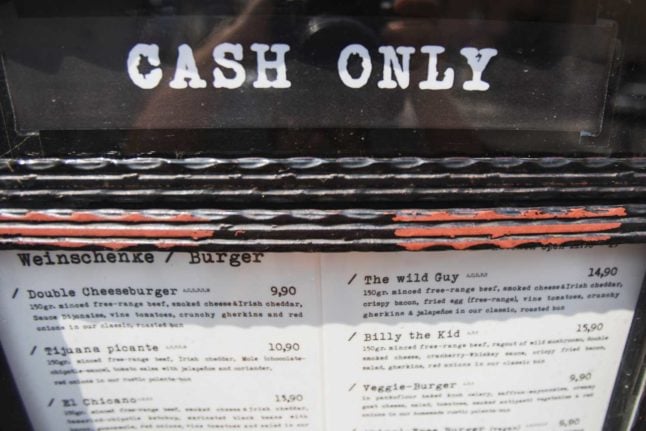The man, 35, told Stockholm District Court that he was working overtime on the night of the robbery at the G4S cash depot in Västberga last September. He said that on that night he had been taking illegal drugs and was stressed about an important meeting the following day.
He told the court that he had suffered from drug problems for four or five years and on the night in question had met a number of people to buy drugs. He said that until that night, he had been off drugs for some time.
“What happened is something of which I am incredibly ashamed. I had a relapse,” he said.
The man procured the drugs by using a pay-as-you-go mobile that had been lying in his car for some time, and which contained numbers to old contacts.
“I am ashamed that I still had it, but I did. I used it to sent a number of text messages, and eventually I got hold of a person and narcotics,” he said.
The man said he only had a vague recollection of the night’s events, but he described the angst-ridden hours during which he claims he was wrestling with the decision to buy drugs.
Later during the evening the man said his car was involved in a crash with another vehicle. After this, he continued to the Kungsholmen district to buy more drugs. The man said several times that he was in bad shape during the night and was uncertain about what happened.
At one point in the cross examination, the man grew noticeably irritated at prosecutor Björn Frithiof’s line of questioning:
“I remember fragments of what happened, but the memories are partially blurred. It really depends on how significant the events were,” the man said.
The man was asked why his DNA was found on a GPS unit and on cable ties found in the helicopter.
“I have been active at the Roslagen [helicopter base] for fifteen years. I have used the helicopter in question during filming over many, many years,” the man said. He added that he believed the cable ties found in the helicopter belonged to him, saying that they had been found with one of his cables.
“The fact that the cable ties have my DNA on them is due to the fact that they used my cable ties. This could very easily have contaminated the GPS unit,” he said.
Frithiof asked the TV producer whether he considered himself capable of carrying out a helicopter landing of the sort executed in the robbery:
“I can’t really grasp how you would dare do something like that. If a rotor blade hits a wall, you die. Also, this is taking place in the dark, using lamps, which is something I have never done,” he said.



 Please whitelist us to continue reading.
Please whitelist us to continue reading.
Member comments